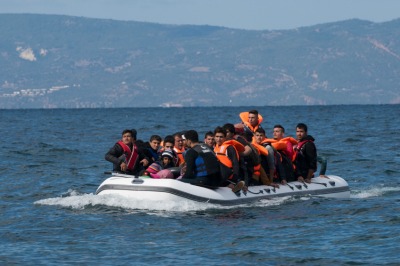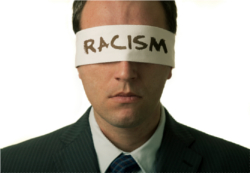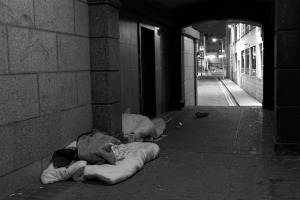
Ireland’s Income Distribution
Micheál L. Collins Introduction Judged in an international context, Ireland is a high income country. The 2014 United Nations Human Development Report ranks Ireland as having the 28th highest gross national income per person in the world – with an average income at almost two and a half times the world average.1 Data from the… Read more »









